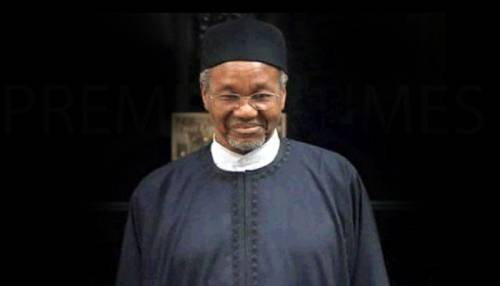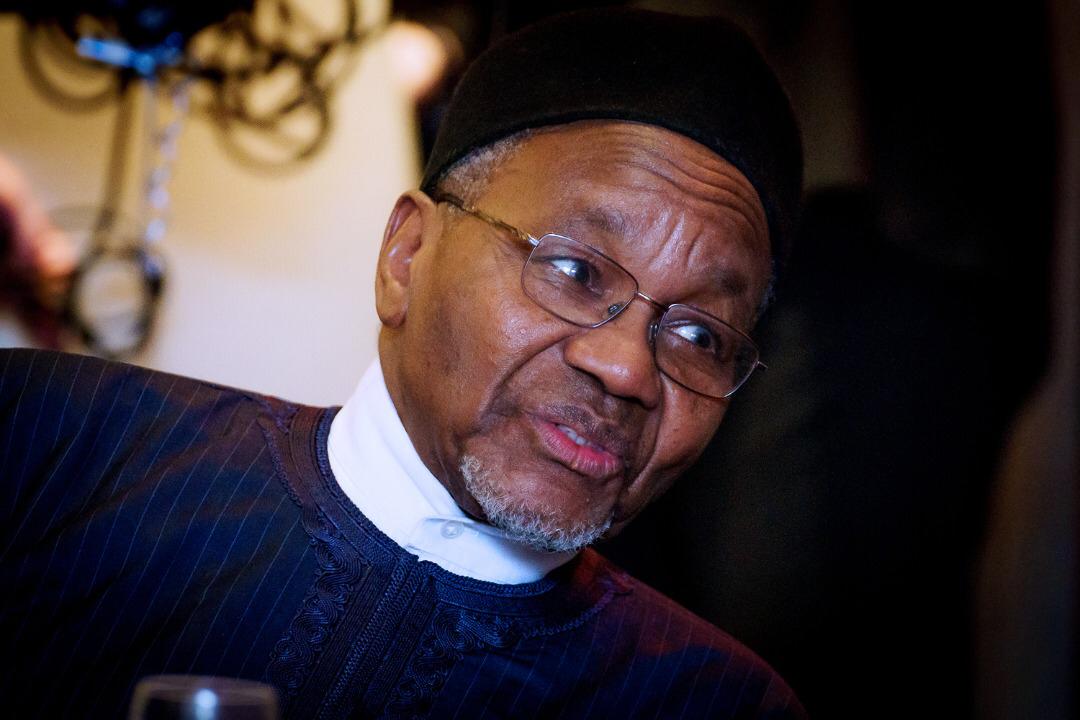BY BENEDICT IKEMEFUNA UZOECHINA
Capitalist societies are oriented towards innovation and dynamism, creation of new knowledge, new products, new modes of production and distribution, yet within these niceties, inequality continues to increase almost everywhere in post-industrial capitalist societies. Adam Smith, in his famous book – The Wealth of Nations – said: “no society can surely be flourishing and happy, of which by far the greater part of the numbers are poor and miserable”.
Recent political debate in capitalist democracies has been dominated by two issues: the rise of economic inequality and the scale of government intervention to address it. In 2017, OXFAM International in a survey on Nigeria observed that the wealth of five richest men ($29.9 billion) in Nigeria could end extreme poverty in a country where more than 112 million people face hunger. The Report demonstrated that the benefits of economic growth have been captured by wealthy elites at the expense of ordinary Nigerians.
Globally, it is estimated that eight people own as much wealth as 50% of the global population of 7.4 billion. For instance, in the USA, the richest 1% own 34% of wealth and the richest 10% own 74% of the country. Furthermore, in the UK, the richest 1% own 12% of wealth while the richest 10% own 44% of the country’s wealth. Although there are important variations, as similar pattern of inequality is observed in other capitalist societies. Barriers to equality of opportunity have the potential of blocking minorities; especially women, minorities and the poor from benefiting fully from all that capitalism offers. Nevertheless, the advanced capitalist world, over time, have gradually lowered or removed those barriers, so that opportunities now are more equally available than ever before, leaving developing countries and Nigeria behind. The issue that agitates the mind, therefore, is whether this narrative above could worsen in post Covid Nigeria or be contained.
Advertisement
Note that capitalism is a system of economic and social relations marked by private property, the exchange of goods and services by free individuals and the use of market mechanisms to control the production and distribution of those goods and services. The markets allow the circulation of capital into new investment, as invested capital is mixed with labour power to produce goods and services that are sold to generate profit which provides more capital for further enterprise. Investors can continue to do this and create cycles of increasing amounts of profit. So, ownership of capital in a capitalist society will produce inequality to an extent as it creates further accumulation through investment. Note again that the freedom to trade and equality under the law in capitalist societies do not imply equality of power and wealth. With its inequalities of power and wealth, capitalism nurtures economic inequality alongside equality under the law. Therefore, individual differences in talent or skill, resource and inheritance, result in differences in education, economic capabilities/power and number of opportunities available, which also lead to further inequalities in income. As modern capitalist economies become more knowledge-intensive, access to education to develop skills becomes even more important. Those deprived of such education suffer a degree of social exclusion. Finally, political power is a positional good. Rich people use their wealth to gain political power at the expense of others while also creating a feedback loop in which their wealth allows them to enhance their political power, thus, enabling them to enhance their wealth also and the cycle continues.
In a post Covid Nigeria, whether capitalism would create more inequalities depends on the scale of government intervention in addressing this phenomenon. Is it likely that the wealthy elite of a post Covid Nigeria would loosen their grip on the wealth of this country in order to allow those on the other side of the divide to benefit from the nation’s wealth? This narrative is not likely to change in post Covid Nigeria; rather, there will be a tendency for inequality to exacerbate due to the shrinking of the hitherto large national economic cake. There will also be scrambling over the available piece of cake and given the unequal availability of opportunity and the unequal ability to exploit available opportunity, more people are likely to slide into poverty.
Therefore, in a post Covid Nigeria, a call for the share of national budget allocated to education, health and social protection must remain top priority in addition to tackling high levels of corruption and excessive influence that big corporation/businesses and wealthy elite have over government policy-Making so that pro-poor policies can hold sway. Post Covid is time for more innovation in the agricultural sector and small-scale businesses by making technology, information and credit accessible to them. Lastly, widespread skill-development policies alongside integrated measures to deal with job displacement and unemployment in post Covid Nigeria is urgently needed.
Advertisement
Benedict is a Nigerian, resident in Enugu State of Nigeria. He obtained his B.Sc. in Economics, Bachelor of Laws(LL.B), M.Sc. in quantitative Economics and PhD in Development Economics in 2004, 2009, 2010 and 2015 respectively. He is currently a full-time lecturer in the Department of Economics, Faculty of Social Sciences of Nnamdi Azikiwe University, Awka. where he teaches Development Economics and Project Evaluation at both the undergraduate and postgraduate levels. He also supervises both the undergraduate and postgraduate students. He is the Associate/Managing Editor of the Journal of Economics and Journal of Energy and Environmental Economics both at the Department of Economics, Nnamdi Azikiwe University, Awka.
Views expressed by contributors are strictly personal and not of TheCable.







